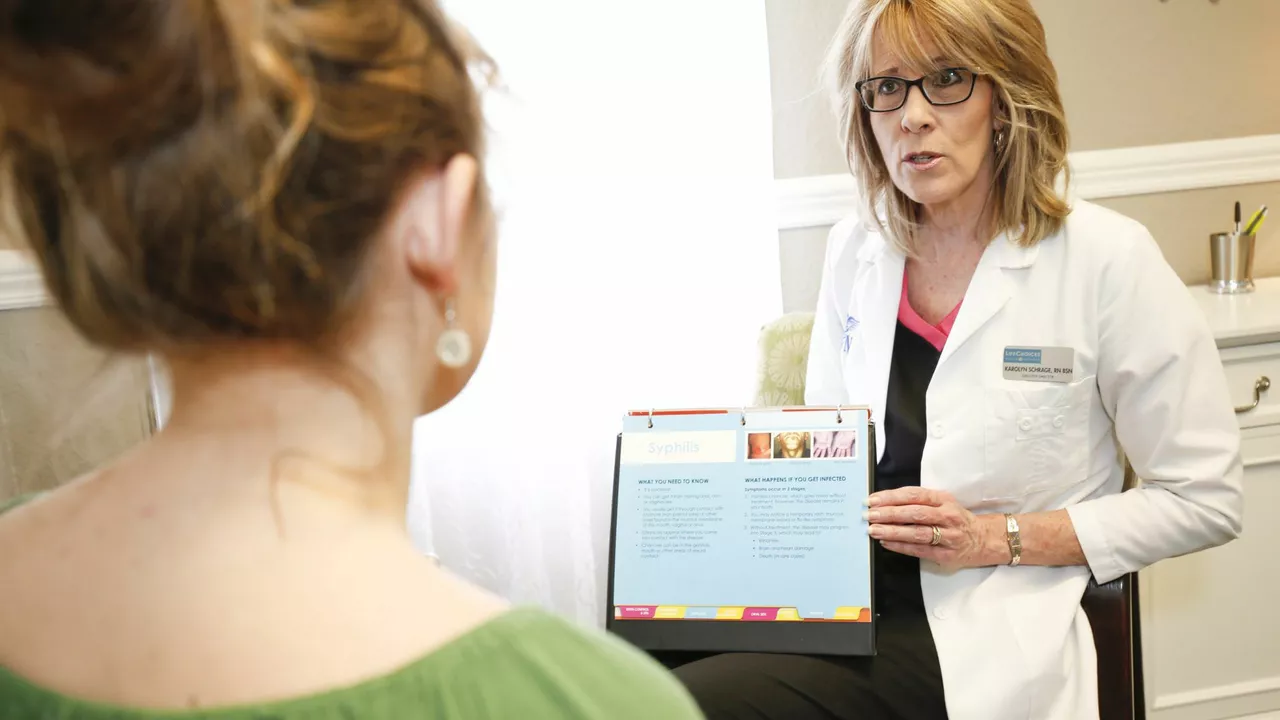Syphilis Epidemics: What Everyone Should Know
Syphilis, a sexually transmitted infection, is making a comeback in many parts of the world. While it used to be under control, recent outbreaks have shown that anyone sexually active can be at risk. The key to stopping syphilis outbreaks is knowing how it spreads and catching it early.
This infection spreads mainly through direct contact with syphilis sores during sex—vaginal, anal, or oral. These sores can be so small you might not even notice them, making it tricky to avoid passing the infection unknowingly. Due to this, counting solely on visible symptoms for protection isn't enough.
Recognizing Syphilis Symptoms
Syphilis develops in stages, each with its own signs. Early on, a painless sore or ulcer shows up where the infection entered the body—often on the genitals, anus, or mouth. This sore usually heals on its own, but the infection stays if you don’t get treated.
Weeks later, a rash may develop—sometimes on the palms of your hands or soles of your feet, but it can appear elsewhere. Other symptoms like fever, swollen glands, or sore throat might also happen. If still untreated, syphilis can hide in your body for years without symptoms, then cause serious health problems down the line—affecting your heart, brain, and nerves.
Protecting Yourself and Getting Help
Using condoms correctly every time you have sex lowers your risk but doesn’t cut it completely since sores can appear where condoms don't cover. Regular STI testing is your best bet if you’re sexually active, especially with multiple partners. Early diagnosis means syphilis is easily treatable with antibiotics, preventing health issues and stopping the spread.
If you think you might have been exposed, don’t wait for symptoms. Talk to a healthcare provider and get tested. Also, let your partners know so they can get checked too. Awareness, honest conversations, and safe practices are the most powerful tools to control syphilis epidemics in your community.
Remember, syphilis isn’t a private issue—it affects public health, but with simple steps and smart choices, you can protect yourself and help stop these outbreaks from growing.
The Role of Public Health in Combating Syphilis Epidemics
- Keith Ashcroft
- |
- |
- 9
In my latest post, I explore the crucial role of public health in tackling syphilis epidemics. Public health initiatives work tirelessly to educate communities about sexually transmitted infections, focusing on prevention, early detection, and treatment. They also carry out extensive research to understand these diseases better. By collaborating with healthcare providers, they ensure timely diagnosis and treatment of syphilis. In essence, public health is our front line defense against the spread and escalation of syphilis epidemics.
View more
